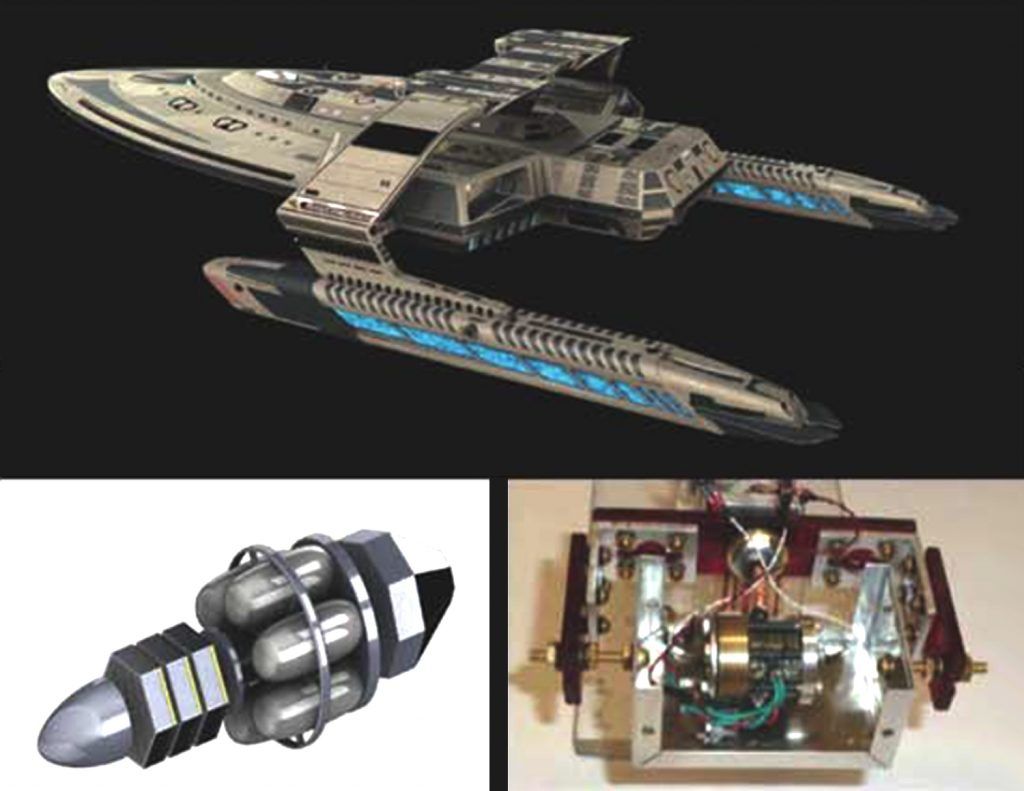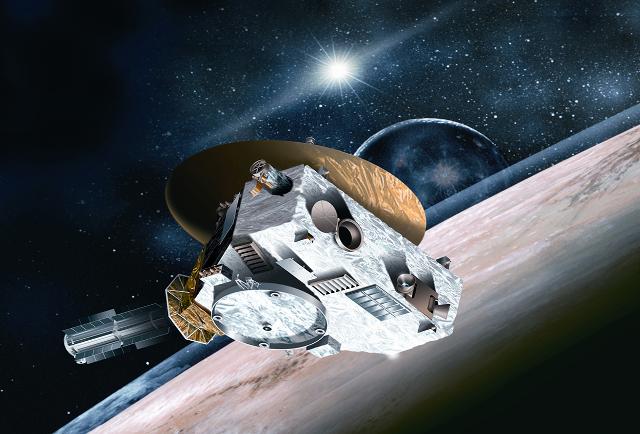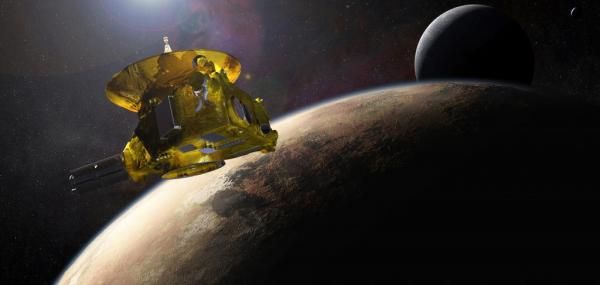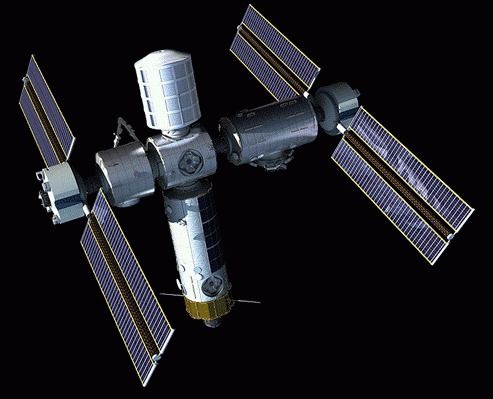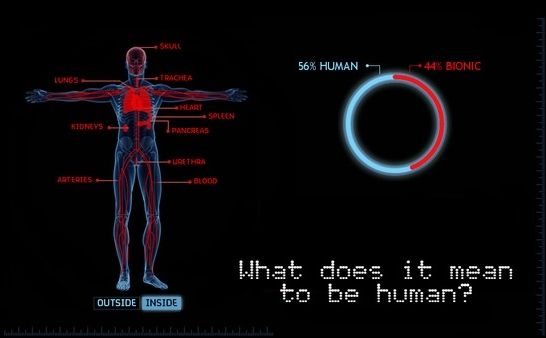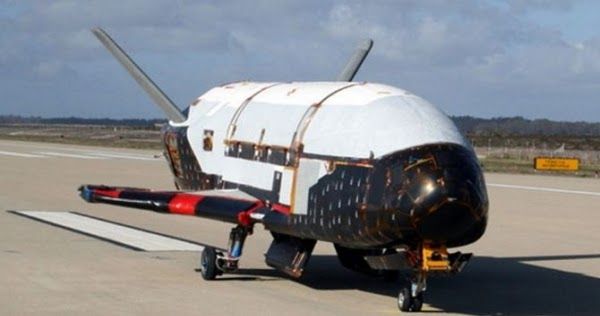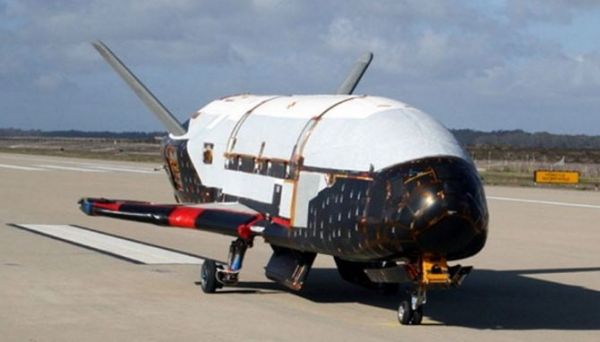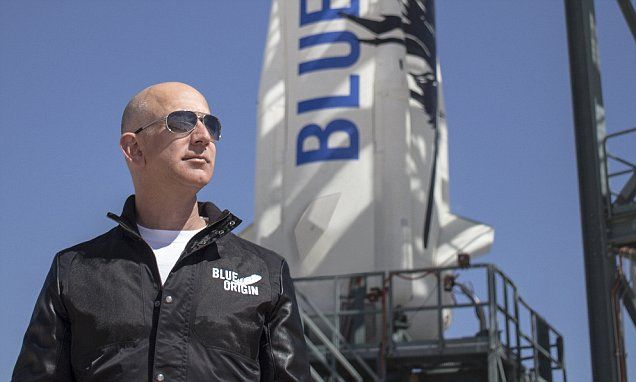Apr 14, 2017
We May Be Able to Build a Rocket That Can Go 99.999% the Speed of Light
Posted by Andreas Matt in categories: mathematics, physics, space travel
Theoretical physics often lifts the sanctions we set on our own imaginations. Whether it’s exploring the possibility of warp drives or understanding the rate of the universe’s expansion, we are quick to explore the unknown on our chalkboards until our tech is ready for our ideas.
In a similar deep-dive into the theoretical, a Norwegian professor argues in the journal Acta Astronautica for the of possibility of photon rockets that can reach 99.999 percent of the speed of light (300,000 km/s [186,000 mph]); asserting that, while humanity can’t do it anytime soon, we could potentially build a spacecraft that falls just short of the ultimate speed limit sometime in the future when the necessary technology is feasible.
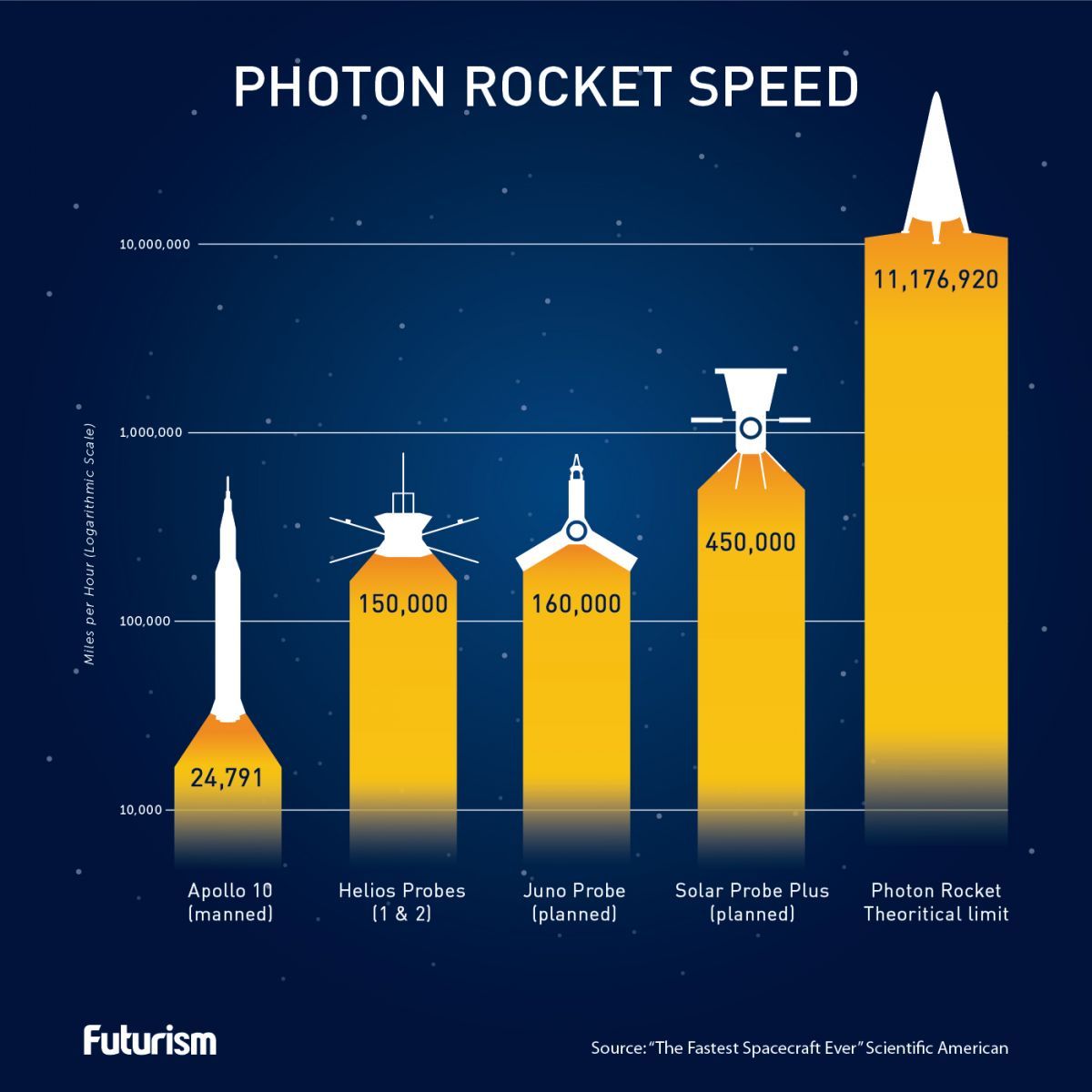
Continue reading “We May Be Able to Build a Rocket That Can Go 99.999% the Speed of Light” »

